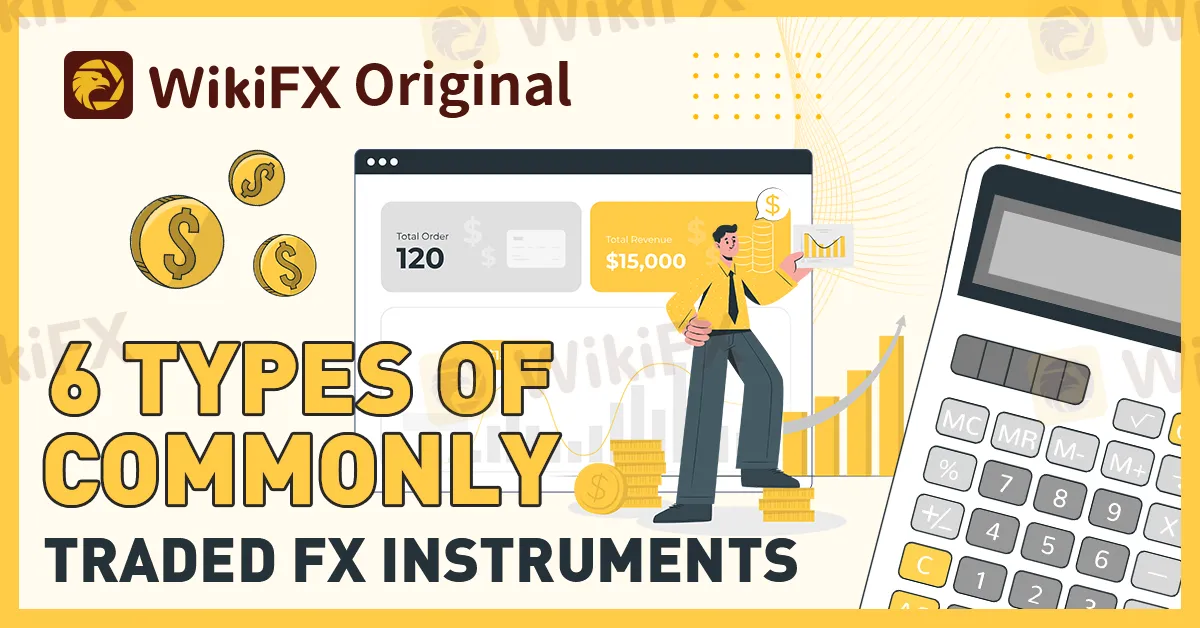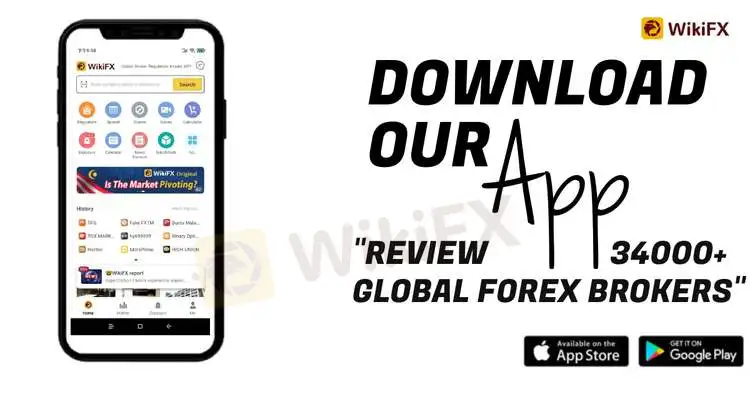Abstract:You may not be a real investor in the foreign exchange market but every time you travel abroad, you need to exchange foreign currency – that makes you a currency market participant.
Also, trade companies that buy and sell goods across borders need to pay in non-national currencies are participating in the foreign exchange market. Either way, importing or exporting, you will need to exchange one currency for another. Nevertheless, in order to be able to trade actively in the foreign exchange market, you should know how it is formed. The current form and status of the foreign exchange market is relatively new compared to the long history of currencies.

<WikiFX Malaysia Original – Editor: Fion>
When deciding on exchange rates, the trading departments of large banks need to consider a variety of factors in addition to considering their own inventory levels. They look at trading volumes and recent price movements, and use their special analytical tools to see what direction the various currencies are moving. Usually, they believe that there is a certain trend in the price movement of any given currency, and they quote more favorable rates to clients who trade in the opposite direction.

They use various foreign exchange financial instruments in such transactions. A financial instrument is a tradeable medium that is typically divided into two categories: cash instruments and derivative consolidation. The first category includes financial instruments like securities, loans, and deposits. They are easily exchangeable, and the market determines their value directly. Derivatives, on the other hand, are further classified into two types: over-the-counter (OTC) derivatives and exchange-traded derivatives. Foreign exchange instruments and transactions are classified as follows: standard derivatives are foreign exchange futures; major OTC derivatives are foreign exchange options, forwards, and swaps; and cash instruments are spot transactions.

Foreign exchange instruments and transactions have their own categories, of which: standard derivatives are foreign exchange futures; major OTC derivatives are foreign exchange options, foreign exchange forwards and foreign exchange swaps; and cash instruments are spot transactions.
The following are the most commonly traded instruments:
Outright Forward
In the case of a forward, the trader does not actually receive the money until a specified (and previously agreed upon) future date. In this case, the exchange rate is mutually agreed upon by the buyer and seller at a future date, regardless of the prevailing market rate. The duration of the transaction is a few days, months or years. The most common type of foreign exchange forward transaction is the currency swap. Currency swaps are not traded through an exchange.
Currency Swaps
This is the most common type of forward transaction. A currency swap occurs when two parties exchange currencies for a set period of time and agree to cancel the transaction on a predetermined expiration date. These contracts are not standardised and are not traded on an exchange.
Futures
Currency futures are traded with a standard contract size and expiration date (usually three months). Futures are standardized, usually to be traded through an exchange that exists for trading futures, and include an interest amount. As futures contracts approach their delivery dated, their prices will move in tandem with the spot rate, and holders will pay or receive this spread as if they were in a spot transaction.
Currency Options/Warrants
A foreign exchange option is another type of foreign exchange instrument that is a type of derivative in which the owner has the right, but not the obligation, to convert one currency into another at a pre-agreed exchange rate on a specified date. The foreign exchange options market is the world's deepest, largest, and most liquid market. This category also includes new types of currency options, such as average rate options and barrier options.
Exchange traded funds (ETF)
Foreign ETFs is a trading instrument that usually uses a basket of currencies as an underlying index. Forex trading funds are replicated investments in the currency market by open-end investment companies. These funds track the price movements of world currencies against the U.S. dollar and add value directly opposite to the U.S. dollar, allowing for speculation.
Spot
In the spot market, currencies are sold for cash, delivered immediately, at a price that reflects the value of one currency relative to another. In most cases, this is technically a two-day “expiration” transaction, where both currencies are traded for cash (rather than contracts). Spot trading is the second most traded instrument in foreign exchange trading in terms of volume, after swaps. Spot trading is over-the-counter (OTC), which means that spot trading is conducted through a distribution network rather than an exchange.
If you would like to learn more about the currency markets, WikiFX has you covered. Start your free Forex course provided by WikiFX here https://www.wikifx.com/en/education/education.html where we have prepared information for traders at different levels respectively. Happy learning!
<WikiFX Malaysia Original – Editor: Fion>












